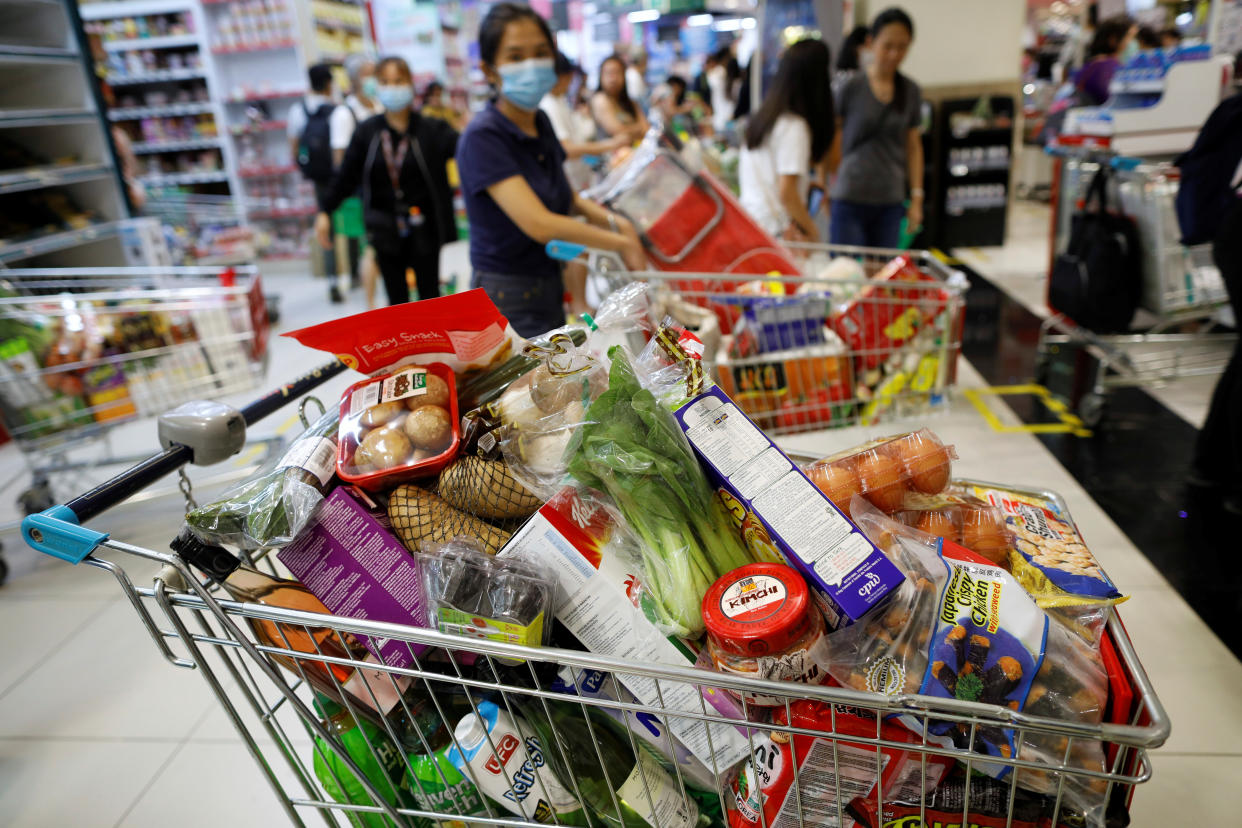About 40 instances of COVID-19 'fake news' debunked since January: S Iswaran

SINGAPORE — Some 40 instances of “fake news” on COVID-19 have been debunked and clarified by the government since late January this year, said Communications and Information Minister S Iswaran in Parliament on Monday (4 May).
These include speculations, rumours, scams, and outright falsehoods, he added, in response to questions by MacPherson SMC Member of Parliament (MP) Tin Pei Ling on the issue of fake news during the outbreak in Singapore.
During the same parliamentary session, Home Affairs and Health Senior Parliamentary Secretary Amrin Amin reiterated that the police take a “serious view” of all reports of falsehoods regarding COVID-19.
These include those that claim “partial lockdowns” as they may cause public alarm, said Amrin, adding that the police will investigate such cases and take firm actions against the culprits.
He was responding to Mountbatten MP Lim Biow Chuan’s queries on actions taken by authorities to tackle falsehoods.
Amrin cited an example where the authorities identified a 40-year-old man who allegedly circulated a message with false claims that he had “intel” that the government would close all coffee shops and food courts, and open supermarkets only two days a week.
The man, who urged readers to go “stock up” on items, was charged on 27 April for an offence of communicating a false message under the Miscellaneous Offences (Public Order and Nuisance) Act.
Under the act, offenders can face a jail term of up to three years, a maximum fine of $10,000 or both.
Iswaran noted that clarifications to the fake news have been conveyed through media, on government websites, social media, and the Gov.sg channel on WhatsApp and Telegram.
“Our primary focus is on ensuring that Singaporeans receive reliable and accurate information in a timely manner,” he added.
Legislation actions have also been taken under the Protection from Online Falsehoods and Manipulation Act, or POFMA, against Singaporeans, here or abroad, as well as some foreign parties and websites.
”We will not hesitate to use the full force of the law against those who deliberately or maliciously purvey falsehoods,” said Iswaran.
While some of the efforts taken in the early stages of the outbreak have effectively stemmed the flow of fake news, it did not completely eradicate it, he added.
"Having said that, I think they are also episodic and we see sometimes, for want of a better word, a cluster pops up because there's a new source of information and then others build on it," he said.
While the government does not proactively track those who spread fake news during the outbreak, it will take “quick action”, when the false information is brought to its attention, Iswaran added.
He noted that while the government has a “comprehensive tool kit” – including POFMA, Miscellaneous Offences Act and the penal code – to deal with the issue, each individual has to play his or her part in stemming the spread of fake news.
“It is of utmost importance, especially at a time of crisis like this, that each and every one of us does the right thing by checking that the messages we receive come from reliable sources, and make the effort to verify a claim or piece of information before sharing it,” Iswaran said.
“Because ultimately, such falsehoods will find no traction if we do not give it any traction.”
Stay in the know on-the-go: Join Yahoo Singapore's Telegram channel at http://t.me/YahooSingapore
More Singapore stories:
COVID-19: Migrant workers were on MOM's radar since January – Josephine Teo
COVID-19: Singapore to expand testing capacity, 'strategically' deploy resources
COVID-19: Gan Kim Yong outlines 3 indicators for easing circuit breaker measures
COVID-19: Singapore confirms 573 more cases, total at 18,778



